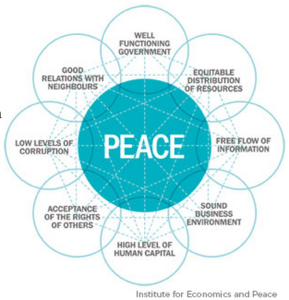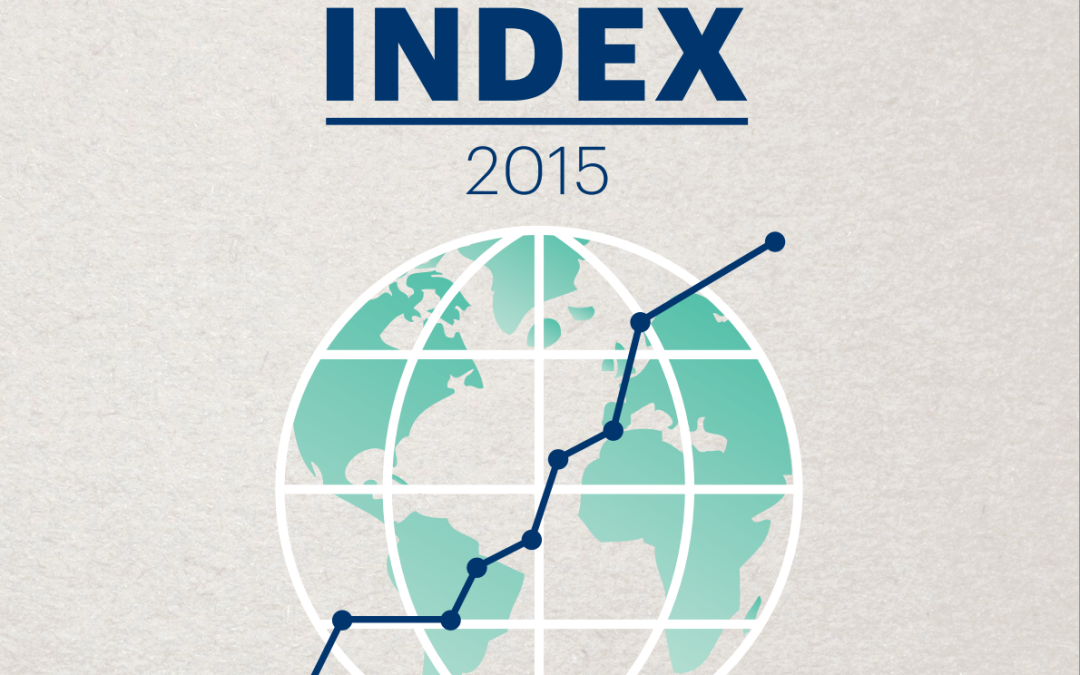The recent Global Peace Index for 2015 recently released by the Institute for Economics and Peace has identified Iceland as the most peaceful country in the world, followed by Denmark and Austria.
Global Peace Index Results Map
Ranking 162 nations around the globe using three broad categories—crime levels, international and domestic conflict levels and degree if militarization—the report concludes that Syria ranked at the bottom of the scale. The US remains in the bottom half of the ranking, although it has moved up seven spots. The top risers included four African nations, Guinea-Bissau, Cote d’Ivoire, Egypt and Benin. Libya and Ukraine dropped the most in the rankings. Regional trends show that Europe is the most peaceful region and the Middle East and North Africa are the least. Although the US is ranked in the lower half of the statistics, the high ranking of Canada (sixth) puts North America second in the regional assessment
The IEP think tank is a knowledge network under the GSN taxonomy, developing new metrics for measuring peace and applying the data to uncovering relationships between business, peace and prosperity and promoting an understanding of the cultural, economic and political factors that contribute to peace. Over eight years of measurement and analysis, the report has seen an average deterioration in the scores of 2.4 percent. The world has become less peaceful, and the cost has been 13.4% of world GDP.
The study also discovered that urbanization, with its implication of higher development, can be a positive indicator, but its influence can be overshadowed by weak rule of law, intergroup grievances and income inequality. While overall conflicts between states have decreased, internal conflicts are becoming more intense in some regions. Indeed, the seven least peaceful countries (Sudan, Somalia, Central African Republic, South Sudan, Afghanistan, Iraq and Syria) are moving farther from the other countries in the index due primarily to internal conflict.
Negative peace, or the absence of violence or fear of violence, is intuitive as an indicator. Positive peace, for which the IEP has identified 8 pillars, that is the attitudes institutions and structures that create and maintain peaceful society, is the goal that the IEP hopes to underline with its annual study. 
The potential inclusion of peace and governance in the Sustainable Development Goals (SDGs) soon to be revisited by the UNSG, will be helped by understanding and utilizing some of the learning in the IEP report.


